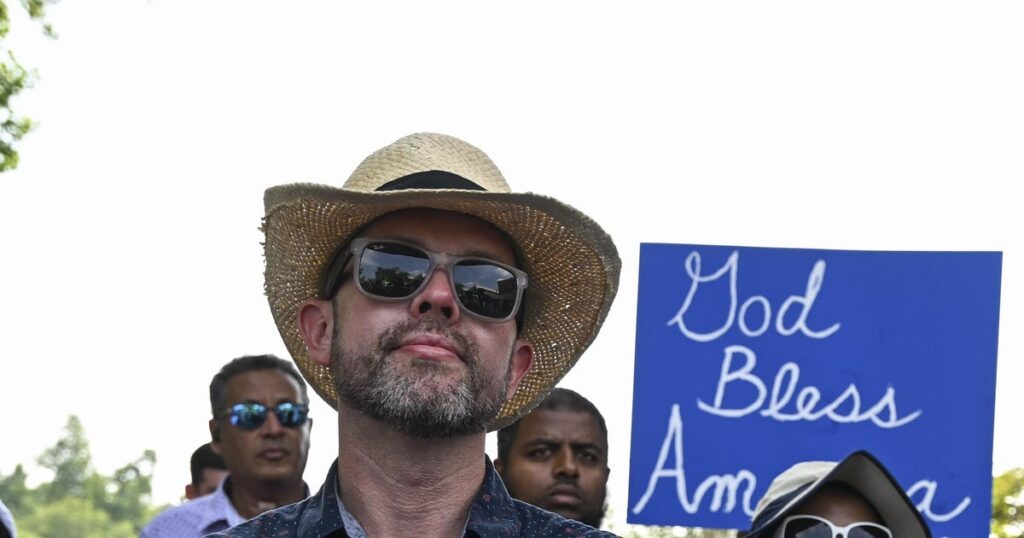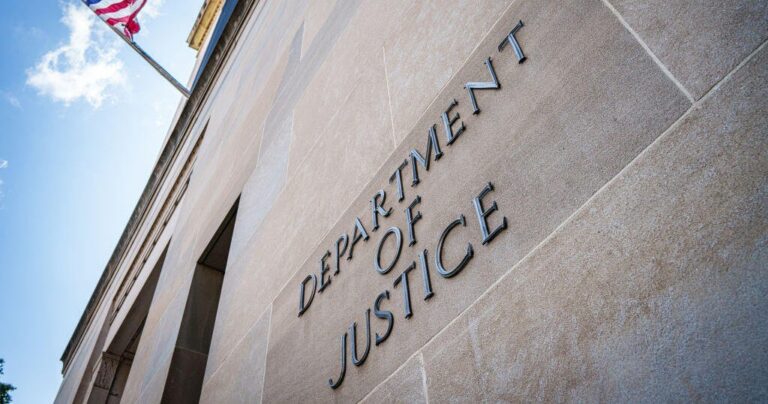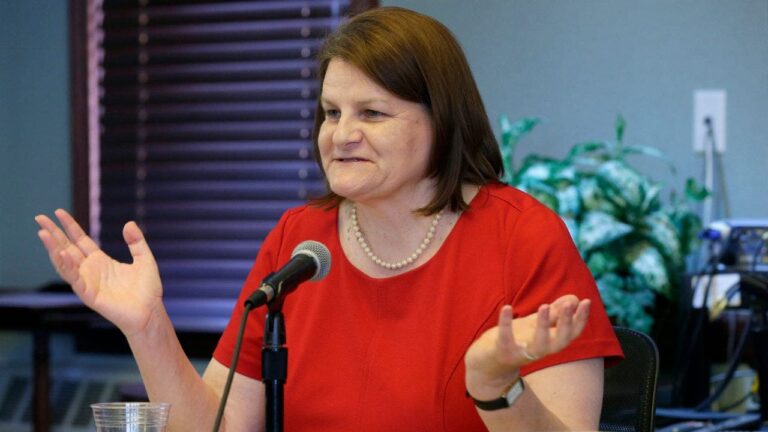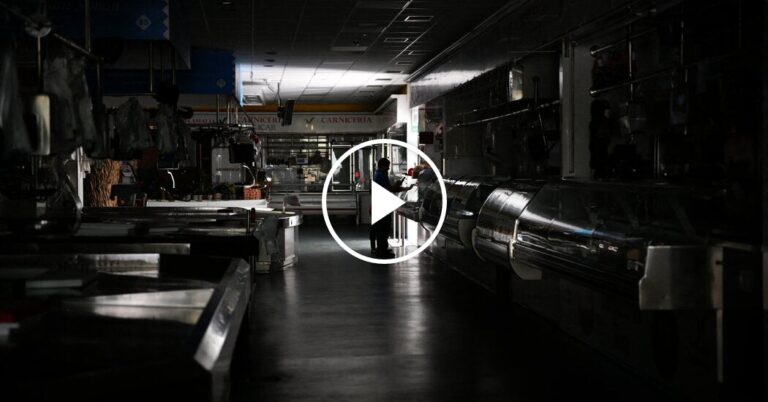
Washington — The Supreme Court on Tuesday is set to consider Maryland parents’ challenge to their local school board’s policy that denies them the ability to opt their elementary school-age children out of instruction featuring storybooks that address gender identity and sexual orientation.
At issue in the court fight between a group of families and the Montgomery County Board of Education is whether public schools unconstitutionally infringe parents’ First Amendment right to exercise their religion freely when they require children to participate in instruction on gender and sexuality that violate the families’ religious beliefs.
“What’s at stake is the long-recognized parental right in our law and traditions for parents to direct the religious education and upbringing of their children,” said Michael O’Brien, a lawyer with the Becket Fund for Religious Liberty. “The government cannot substantially interfere with that by compelling instruction on sensitive sexuality and gender-identity issues that strike at the heart of parental decision-making authority on matters of core religious importance.”
Forty-seven states and the District of Columbia allow for parental opt-outs or require opt-ins before students participate in sex education. Montgomery County, home to Maryland’s largest public school system with more than 160,000 students, also had an opt-out policy for parents with religious objections to classroom instruction or activities so long as the requests did not become “too frequent or burdensome,” according to court papers.
After Maryland enacted rules seeking to promote “educational equity,” the Montgomery County Education Board introduced “LGBTQ-inclusive” storybooks for elementary school students into its English Language Arts curriculum. The district said it supplemented its language arts books with a handful of stories “in order to better represent all Montgomery County families.” Among the five books incorporated, which are at issue in the case, were “Born Ready,” about a transgender elementary-aged child, and “Prince & Knight,” about a prince who falls in with and marries a knight.
The board adopted the lessons in 2022, but allowed parents to opt their children out of reading and instruction involving the storybooks. But in March 2023, the Montgomery County school board announced that families would no longer receive advanced notice of when the books would be read and would not be able to have their kids excused from the instruction.
The board said in court filings that the opt-outs had become “unworkable,” as some schools had high numbers of absences, and all faced “substantial hurdles” in using the books while honoring opt-out requests, as teachers would have to manage the removal of excused students from class and plan alternative activities for them.
That decision, however, sparked backlash within the community — more than 1,000 parents signed a petition that called on the board to restore the notice and opt-outs, and dozens protested the books at board meetings as violating their religious beliefs. The school board then revised its Religious Diversity Guidelines to limit the circumstances when students can be excused to noncurricular activities or free-time events that conflict with their family’s religious practices.
A group of three families filed a lawsuit against the Montgomery County Board of Education, arguing that denial of the notice and opt-outs violated their right to exercise their religion freely under the First Amendment because it overrode their freedom to direct the religious upbringing of their children. The families — who are Muslim, Roman Catholic and Ukrainian Orthodox — sought a preliminary injunction that would’ve required the school board to provide advance notice and the chance to opt their children out of instruction that involved the books.
But a federal district judge in Maryland denied the request, finding that the no-opt-out policy did not burden the families’ religious exercise. The parents’ inability to excuse their children from instruction with the storybooks doesn’t coerce them into violating their religious beliefs, the court found, as they can still teach their kids about their convictions regarding sexuality, marriage and gender.
A divided panel of three judges on the U.S. Court of Appeals for the 4th Circuit also found that there was no burden on the families’ free exercise of religion because there was no evidence they were compelled to change their religious beliefs or conduct.
The families asked the Supreme Court to review that decision, and the high court in January agreed to do so. The Trump administration is backing the parents in the case, arguing that the board burdened parents’ religious exercise by forcing them to choose between violating their religious beliefs or forgoing public education.
In filings with the high court, lawyers for the parents also said that Montgomery County is presenting them with an “impossible” choice.
The parents, they said, “must subject their children to instruction intended to disrupt their religious beliefs or forgo the benefits of a public education at the sizeable cost of either paying for private school, homeschooling, or facing government fines and penalties.”
Additionally, they argued that suspending the notice and opt-outs created “topsy-turvy categorizations” in which a 14-year-old can be excused from instruction on gender and sexuality during sex education, but a 4-year-old has to sit through similar instruction as part of the English Language Arts curriculum.
The families also said that at least one member of the board demonstrated religious hostility toward them, claiming they likened them to “white supremacists” and “xenophobes.”
O’Brien, the lawyer for Becket, which is representing the families, said Montgomery County’s policy is unique because of how “extreme” it is. While it may be an outlier, he said an important ramification of a decision in favor of the parents is it would “breath life into the already established principle that parents do, indeed, have a fundamental right under the Free Exercise Clause to direct the religious upbringing of their children.”
“The state can’t substantially interfere with that, including in public schools and including in children as young as 3 and 4,” he said.
But the school system said that its teachers were expressly forbidden from using the books to pressure students to change their religious beliefs, and argued that while it tried to accommodate parents’ requests to opt their children out of the instruction, doing so eventually became “unworkably disruptive.”
Lawyers for the school district also argued that exposure to content that parents object to on religious grounds is not the same as impermissibly coercing students to disavow their religious practices.
The parents, they said, didn’t put forward any evidence that their children were penalized for their religious beliefs, were asked to affirm views contrary to their faith, or were prohibited from engaging in religious practice.
The school board also warned that accepting the parents’ argument that the no-opt-out policy burdened their religious exercise could have harmful effects for public education as a whole.
“Crediting petitioners’ burden theory would not only contravene constitutional text, history, and precedent, but also — as courts have long recognized — ‘leave public education in shreds’ by entitling parents to pick and choose which aspects of the curriculum will be taught to their children,” they wrote in court papers.
The American Civil Liberties Union also said that under the parents’ assertions, public school families could request exemptions from an array of curricular requirements because of their religious beliefs, including objecting to lessons on major historical figures who are LGBTQ.
“In sum, requiring public schools to exempt students from secular instruction that they or their parents may find objectionable for religious reasons could throw public schools into disarray, effectively 4 forcing them to tailor their educational materials to align with the religious beliefs of individual students and/or their parents,” ACLU lawyers wrote in a filing.
A decision from the Supreme Court is expected by early July.






